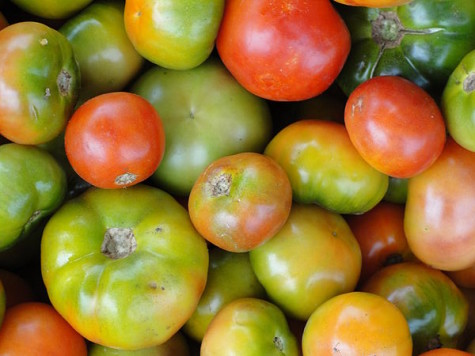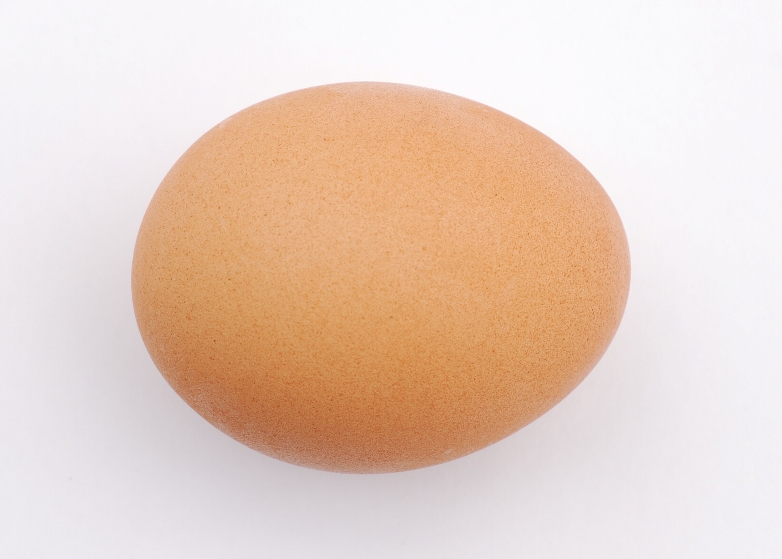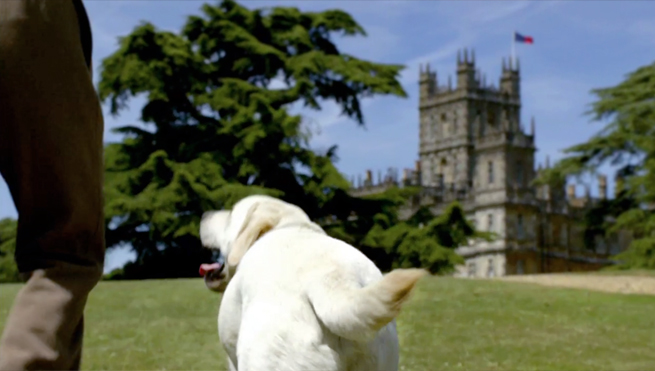 This is an updated version of a post that originally appeared in January 2012.
This is an updated version of a post that originally appeared in January 2012.
I can’t remember why the seed catalogs started showing up, but once they did, I was a goner. If you haven’t ever gotten one, imagine full color photo spreads of produce, like the striped Tigger Melon and and the orange-red lusciousness of the French pumpkin Rouge Vif d’Etampes. I suppose the names don’t have quite the ring of “Miss September,” but compared to some centerfold beauty, these fruits and vegetables are much more alluring — maybe because some September, a new variety might appear in my own garden, one that I could give any name I wanted.
This is how I ended up with at least six different varieties of tomato seeds last year. I’m not quite sure what it is about tomatoes. Even before I had a real garden, I’d buy the plants every year. They always seemed so hopeful, appearing in the nursery in winter, when you can’t even imagine that by fall you’ll be saying ridiculous things like, “Caprese salad, again? I don’t think I can do it.”
Somewhere along the lines, I realized there were more options out there then the plants we could find at our local nursery. I knew I had to grow from seed once I learned that there was a variety named after the writer Michael Pollan. I could even figure out how to crossbreed my own tomatoes (and wondered what I’d call a Black & Brown Boar crossed with a Pink Berkeley Tie-Dye–oh, the possibilities!).
So there I found myself, one morning last winter, in front of a tray of dirt with seeds and Sharpies and labels in hand. Continue reading →
 It would have been different if it hadn’t been a cave, if the excavation had been out in the daylight where mystery more easily washes out.
It would have been different if it hadn’t been a cave, if the excavation had been out in the daylight where mystery more easily washes out.



 This is an updated version of a post that originally appeared in January 2012.
This is an updated version of a post that originally appeared in January 2012.